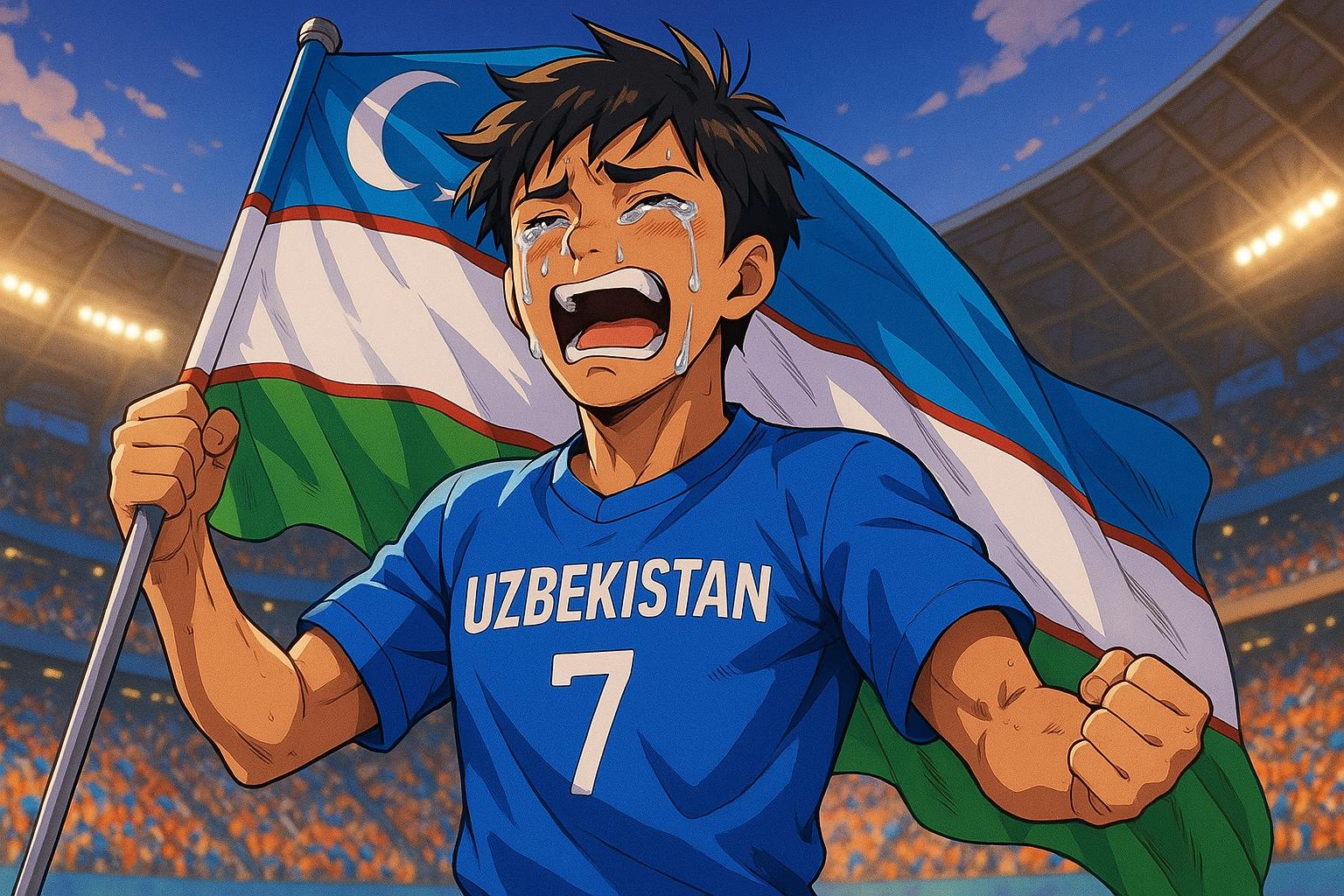There was no choking for Uzbekistan this time; if anything, the tension manifested as tears of joy. The nation's long-awaited qualification for the FIFA World Cup—a historic achievement marking their first appearance—came through a tense 0-0 draw against the United Arab Emirates in Abu Dhabi. With this result, Uzbekistan secured a top-two finish in Group A, ensuring they will compete in the expanded 48-team tournament in 2026. Coach Timur Kapadze, whose tenure began in January following the departure of Srecko Katanec, praised his players for their extraordinary resilience and commitment throughout the gruelling qualification.
Uzbekistan’s footballing history has been marred by near misses. Since gaining independence in 1991, the nation has sought World Cup qualification on seven occasions, each time falling short. Notable heartbreaks include a controversial playoff against Bahrain in 2006, where a missed penalty that should have seen them lead by two goals sown confusion and anger, leaving them out of the tournament on away goals. In contrast, the nation’s campaigns in 2014 were thwarted by South Korea, who edged through due to a superior goal difference. However, under Kapadze’s guidance, the team's mentality has notably shifted. This time, crucial players such as goalkeeper Utkir Yusupov made vital saves, particularly in the later stages of the draw against UAE, showcasing a newfound calmness under pressure.
The transformation of Uzbekistan’s footballing fortunes can be traced to recent investments in player development and infrastructural improvements, driven by both the football association and government backing. Emerging stars like 21-year-old Abdukodir Khusanov, currently playing for Manchester City, are testament to the success of these developmental initiatives. An impressive run of victories and performances in youth tournaments, including the under-17s clinching the continental title and the under-20s reaching the last 16 in the World Cup, hint at a brighter future for Uzbek football. Notably, these younger squads have benefited from an Olympic-level club established in 2021, focusing on nurturing young talent.
For many, this historic qualification signifies not just an end to the label of "Asia’s chokers," but also a new chapter for Uzbek football. The support and emphasis on building a competitive national team environment have distinguished Uzbekistan from neighbouring nations that often resort to naturalisation in pursuit of success. Kapadze's vision and commitment are showing tangible results, transforming the national team into representatives of hope and resilience. President Shavkat Mirziyoyev's public congratulation to the team underscores the nation's collective pride and the potential for success on the world stage.
As Uzbekistan prepares for their debut in the World Cup, the questions around their performance and capability against the best teams in North America remain a discussion for another day. For now, they can bask in the euphoria of achievement, shedding years of disappointment in the process.
📌 Reference Map:
Source: Noah Wire Services
